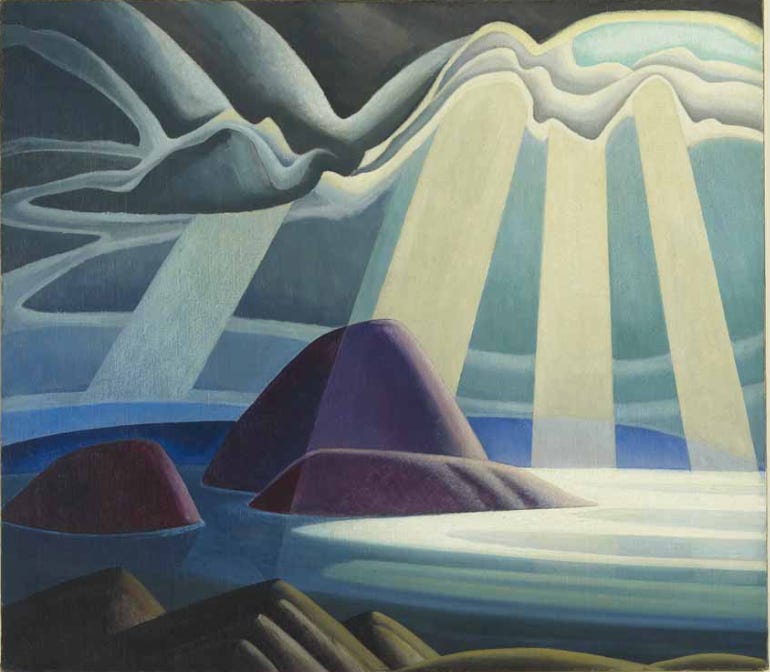They had, by that point in their lives, owned houses, scuttled careers, said goodbye to their parents and, in some cases, their children. A shatterproof love in their twenties had proven to be “the result of transient symmetry in his face” or the luxury of endless time whose time hadn’t yet arrived.
Lavish breakfasts now made their intestines ache. A stubbed toe took ages to heal.
Once, long ago, a single word had kicked up a barnstorm of associations. Place-names: Sioux Falls (how loud were the falls?), Bowling Green (how verdant was the green?), Saint-Malo (saint of what, pray tell?). Colors, adjectives on menus, the mere mention of a furtive body part.
Some students had no opinions left — the opinions had been revealed as fancies, shallow in the face of the daily grind. Other students had opinions harder than callouses.
When everyone brought their suitcases to the dormitories in September, a sheepish mood settled over the campus. Whatever ideas would bloom here couldn’t impact the design of a city block. Certainly not a city larger than Sioux Falls.
One woman had an uncle who had attended college as an eighteen-year-old. “It was like switching on an oven with no food inside.” Where had that uncle ended up?
Nighttime: two divorcees held hands on the scholars’ path to Warwick Hall, discussing that day’s reading, Heinrich von Kleist’s “On the Marionette Theater.” Another, overhearing them, faintly recalled an episode in a bathhouse, somewhere in the old part of Istanbul.
The weather was mentioned in passing, as younger people might mention it, albeit with a dose of veneration. November floated in unseasonably warm, and everyone who said that word, “unseasonably,” did so with an eye toward a past that whipped out behind them like a flag on a boat.
High Modernism met in the orchard behind Pruitt Hall. “It was a bad idea, maybe, but it was an idea worth trying.” “What lunacy, to think the world could be molded so logically.” Most of the class derided Robert Moses and praised the mess of cairns. In any case, the looing of a nearby loon absconded with the group’s attention.
These weighty ideas, which had been meaningless fodder, but fodder, but meaningless, to the previous generation, became, for this one, pregnant decoration.
The divorcees read a poem by Andrew Marvell and felt the bookends of their lives clearly sculpted. An unknown ailment gripped their lungs, and they spent the hour before bed (eight-thirty p.m. to nine-thirty p.m.) hacking into coffee cups.
“I comprehend so few of these ideas. Nevertheless, I feel I know them .” The volumes they borrowed from the library would not catapult them toward future summits. But knowledge, despite any past attempts to classify it, was no different than a sip of tea or a crosshatch of light or the final minute of “Pagodes.” The path took the divorcees by mosquito-laced lampposts. The moon waxed halfway up the sky. “Do you believe now that the correct posture toward the world is reverence?”





Love this! Poignant and intriguing.
How unexpectedly poetic! Makes me realize I got high on knowledge & potential & self-importance as much as other things in my university days. Only in this piece, it feels like something that we assume to be spring turns out to be autumn on the verge of winter. Views & priorities will be different for older students (I remember sharing classrooms & auditoriums with retirees, all of whom seemed to be enjoying their studies immensely). Food for thought!